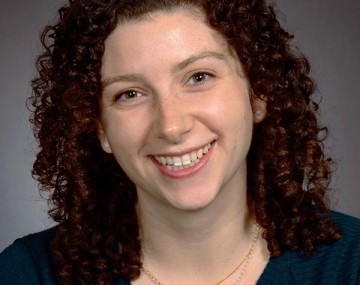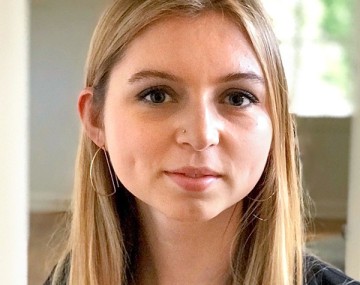Jenna Hershberger and Ella Taagen, doctoral candidates in plant breeding, are among 10 graduate students nationwide who’ve been selected as National Association of Plant Breeders Borlaug Scholars.
The Borlaug Scholars program aims to enhance the plant breeding profession by providing each scholar with funding to attend the annual NAPB meeting. Each student is also paired with a NAPB member, who serves as their mentor.
The program is named for Norman Borlaug, an American agronomist who championed improved agricultural production worldwide. He won the 1970 Nobel Peace Prize.
“I am incredibly humbled to have my name linked to Dr. Borlaug, who has long been a positive role model for science and humanity,” Taagen said.
“The award has opened doors to a broad network of scientists who are equally committed to our collective vision to provide effective, affordable and quicker responses to the challenges our food system faces.”
For Taagen, whose research focuses on genetic recombination in plants to address issues of global food security, the program’s mentoring component has provided avenues for further professional development and clarity for her career path after Cornell.






